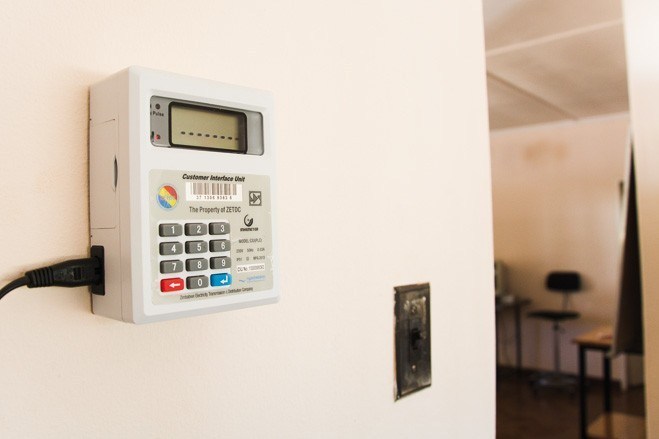Zesa targets to expand grid, maintenance
The 12,3 percent increase in electricity tariffs this month will allow Zesa to pay for more imports, connect many new houses to the grid, executive chairman Dr Sydney Gata has said.
Energy regulator Zimbabwe Energy Regulatory Authority (Zera) approved a flat rate increase across all tariffs and tariff bands of 12,3 percent from New Year’s Day.
“We want to make sure that we deliver high quality services and this can be achieved with a proper budget and also be able to import electricity, that is the reason why we have increased the tariffs as the year starts.
“There is maintenance that needs to be done and this year we are going to be doing comprehensive maintenance of the system,” Dr Gata said in an interview.
Many suburbs, mainly the new ones, had no access to electricity and while Zesa charges connection fees, it also has to put in place new infrastructure such as the area highvoltage substations and feeder lines and the smaller lower voltage substations that serve the houses and businesses.
“The challenge is on the budgetary deficits to afford installation of electricity infrastructure. We are, however, thinking of coming with a plan to facilitate connection of new stands. We are going to embark on expansion project were 300 000 residential houses are going to be on the electricity supply grid this year”, said Dr Gata.
This comes after Zesa has pushed up electricity tariffs by 12,3 percent with effect from New Year’s Day which have seen families on pre-paid metres buying 200 units a month for $1 265,11 including the six percent rural electrification levy, up from just under $1,127.
There are five bands of discounted tariffs on residential supplies before the full $14,31 a unit comes into effect on all purchases over 400 units, although consumers on pre-paid meters can only have the advantage of the discounts on their first purchase each month.
Subsequent purchases in the same month are charged at the full price. Any residential consumer still on the old post-paid meters pays the same for the electricity in the same bands, but is also charged a fixed monthly fee, which covers the extra administration and the need to follow up on delinquent payers.-The Herald











